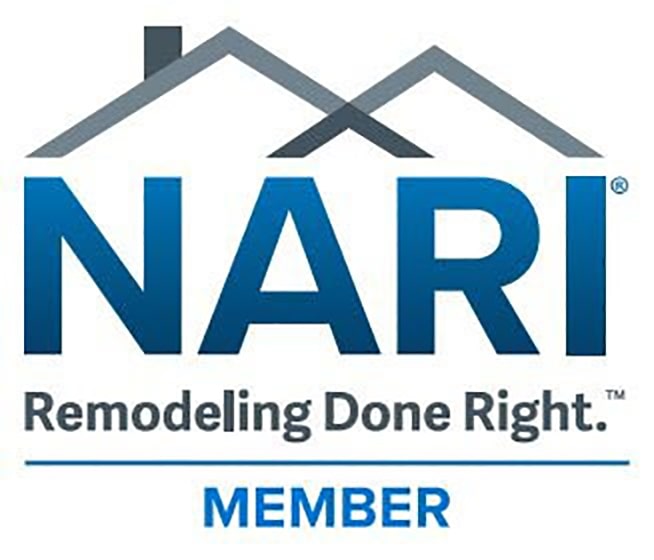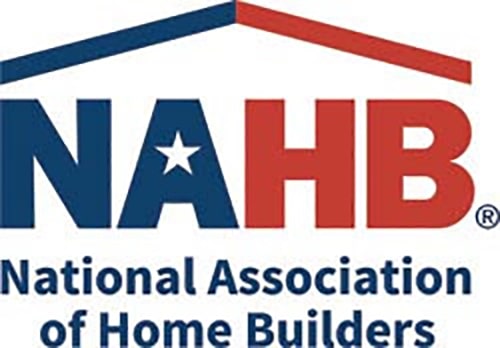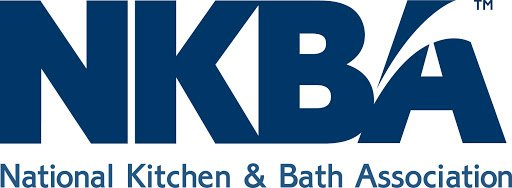Not everyone cares about being green, but everybody likes to save money. No matter what your motivation is, a home energy audit can do both for you. Both the U.S. Department of Energy (DOE) and the Alliance to Save Energy recommend a home energy audit to see where you could be wasting electricity. You can hire a professional to perform the audit or, you can do it yourself.
If you’re a homeowner looking to go the DIY route, you’ll have to inspect the insulation, look for air leaks, check your heating and cooling equipment and review your past energy bills. Here’s help to get you started:
Inspect Insulation
If your home is more than 20 years old, the insulation may not meet current minimum recommended insulation levels. Places to inspect insulation include the attic, the exterior walls, the basement, the crawl space, an attached garage and any utility closets. Give particular attention to the attic, because that is where most conditioned air is lost in older homes.
The DOE offers these suggestions:
- Check pipes, duct work and chimneys to see if they are sealed with foam caulk or some other sealant.
- Check to see if there’s a vapor barrier under the insulation, such as tar paper or plastic sheeting. Vapor barrier paint is acceptable as well.
- Check attic vents to make sure insulation isn’t blocking them.
- Check to see how deep the insulation is. If you can see floor boards or rafters through the insulation, it may not be thick enough. Use the DOE’s zip code insulation calculator to determine if your insulation is thick enough.
- Check insulation in exterior walls by removing outlet covers. Insulation should be visible around the inside of outlets.
Air Leaks
Air leaks account for up to 30 percent of energy loss per year, according to the DOE. Air commonly leaks around windows, doors, light fixtures (inside and outside), dryer vents and oven vents. First look for visible gaps, and then try this trick: Have someone stand on one side of the window or door with a hair dryer running around the frames. See if you feel air coming through, and if you do, weatherproof everywhere you feel the air.
Heating and Cooling Equipment
Perform regular maintenance on heating and cooling equipment to ensure proper operation, extend their life and save energy. Inspect equipment for dirty filters, rusted metal, dirty coils and vents and clutter on top of or around the base of equipment. Blocking equipment vents can cause motor and compressor burnout and create a fire hazard.
Energy Bills
Review three to five years’ worth of bills from your electricity provider. Look for trends and spikes in usage. Check your utility company’s website for more tips on saving money and energy. Some utility companies offer free audit services and resources.














